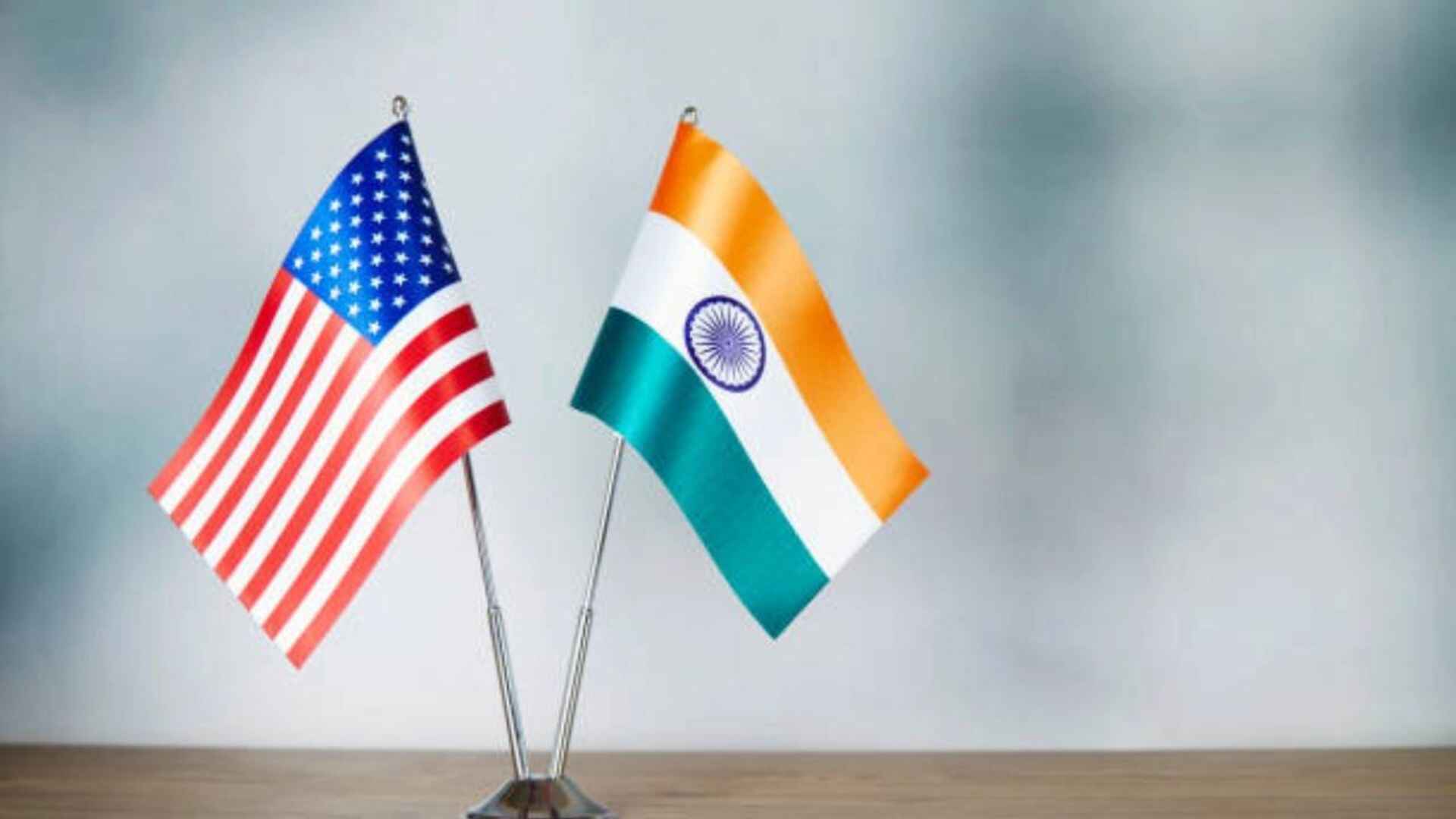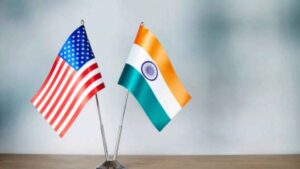Nearly three months after the ouster of Sheikh Hasina as Bangladesh Prime Minister, and the installation of an unelected, military-backed interim regime headed by Muhammad Yunus, there is no indication that India’s neighbour in the east will hold a general election anytime soon to return to the path of democracy. The world is being told that reforms must be carried out before elections can be held but there is no clear timeline about how long that process might take. There is speculation that elections might be held in a year’s time, or even two years’ time. As for the small matter of the Constitutional requirement of holding elections inside three months of a government going out of office, in the new kind of democracy that the United States is helping its friend Muhammad Yunus build, the Constitution is the last thing that one should be quibbling about. The reform process too is likely to be questionable if the Awami League is banned from contesting. A petition filed in court to ban the Awami League from participating in political activities was thrown out, but the possibility cannot be ruled out given that the Yunus government has already banned Awami League’s students’ wing. Amid this the students’ union affiliated to the radical Jamaat is having a free run, trying to enforce its diktat, running kangaroo courts, encouraging violence against minorities and political opponents. Bangladesh has been witnessing murder and mayhem ever since Hasina’s ouster. The whole country has come in the grip of jihadis and things are spiralling out of control. It’s not good news for India to have such a huge swathe of radicalised population right on its border. But the problem is that the US, in its zeal to ensure a change of government in Bangladesh, handed the country on a platter to primarily jihadis—those who collaborated with the Pakistanis and are still backed by the ISI. No amount of Joe Biden hugging Yunus, or the latter brazening out the violence against minorities as “exaggerated” while speaking to the US media, will put any veneer of democracy on the puppet government that the US has installed in Dhaka.
The larger question is about the US, about what exactly it is up to. Why is it creating a situation which is adverse to its strategic partner India’s interests? This has to be seen in the context of all that is going on with respect to the Khalistanis in the US and Canada. There is reason to believe that it was at the US instigation that Canadian Prime Minister Justin Trudeau took on India and has escalated matters to such an extent, even naming one of the senior-most Indian ministers in the murder plot of a terrorist, that now even Opposition leader Pierre Poilievre has cancelled his Diwali celebrations, lest he get called an Indian agent. It’s almost as if Hindus are second class citizens in Canada and must be discriminated against. If this is the case, what hope can India have about reviving relations with Canada? And then there is the problem of Gurpatwant Singh Pannun—who gets away by threatening assassinations and bombings in the name of freedom of speech—where every State Department official is adopting a hectoring tone, accusing India of refusing to carry out a proper investigation into an alleged assassination attempt against the Khalistani terrorist. Keeping them company is US ambassador to India, Eric Garcetti, whose intemperate comments about what India should do and shouldn’t in geopolitics are making the US lose many friends here. In fact, a perception is building that US actions against India are bordering on the hostile, because of which New Delhi is being pushed towards Beijing. Whether this is correct or not, the problem is that the American “deep state’s” double standards when it comes to individuals like Pannun are making Indian public opinion turn against that country, which may cause problems for India to maintain the robust relations that most thought the two countries have been enjoying. While defence relations appear to be on course, it seems that the State Department—as well as the Justice Department—has decided to ride roughshod on India-US relations. It’s almost as if the State is a law unto itself and will decide the contours of this relationship according to its own ideological moorings—too woke and left-leaning for India’s comfort, and also perhaps too compromised because of Sino-Wahhabi influence.
Matters may have got aggravated because this is election season and the US President in place is a lame duck, who is going out of office inside next week. Hence, it is the bureaucrats in the State, who anyway have been running their anti-India agenda for a long time, who are deciding the course of US foreign policy. The worry is that by the time a new President is installed, the State, and the equally political and agenda-driven Justice Department would have done much damage on US ties with India. Already the US has inflicted much damage on the minorities of Bangladesh and made an already difficult neighbourhood even more so for India. Hence, it’s time to call a halt to all such activities. Let’s hope that the arrival of a new President will put India-US relations back on track.








